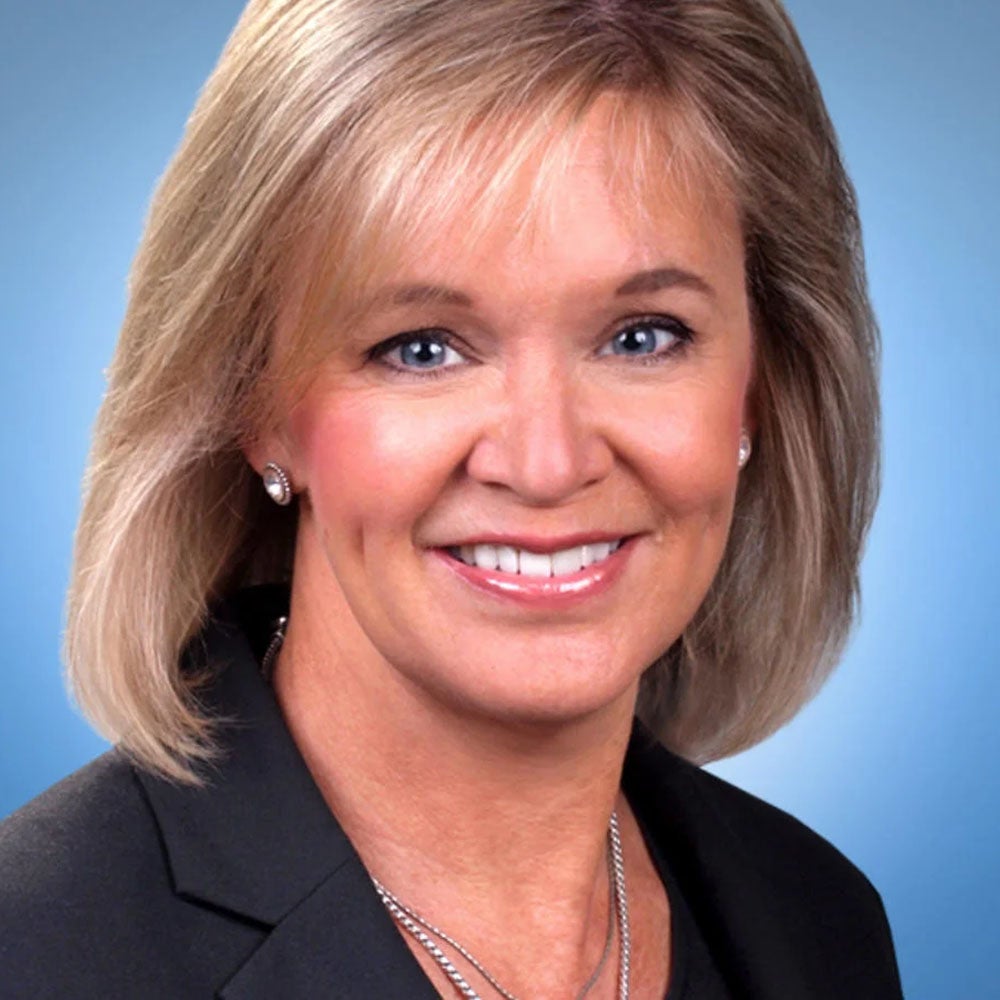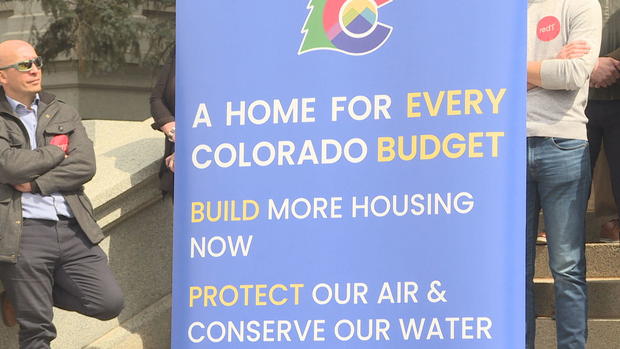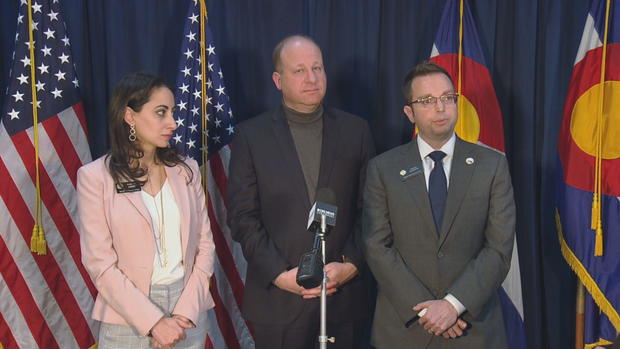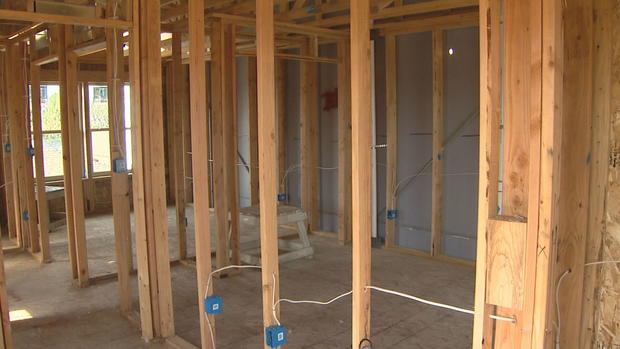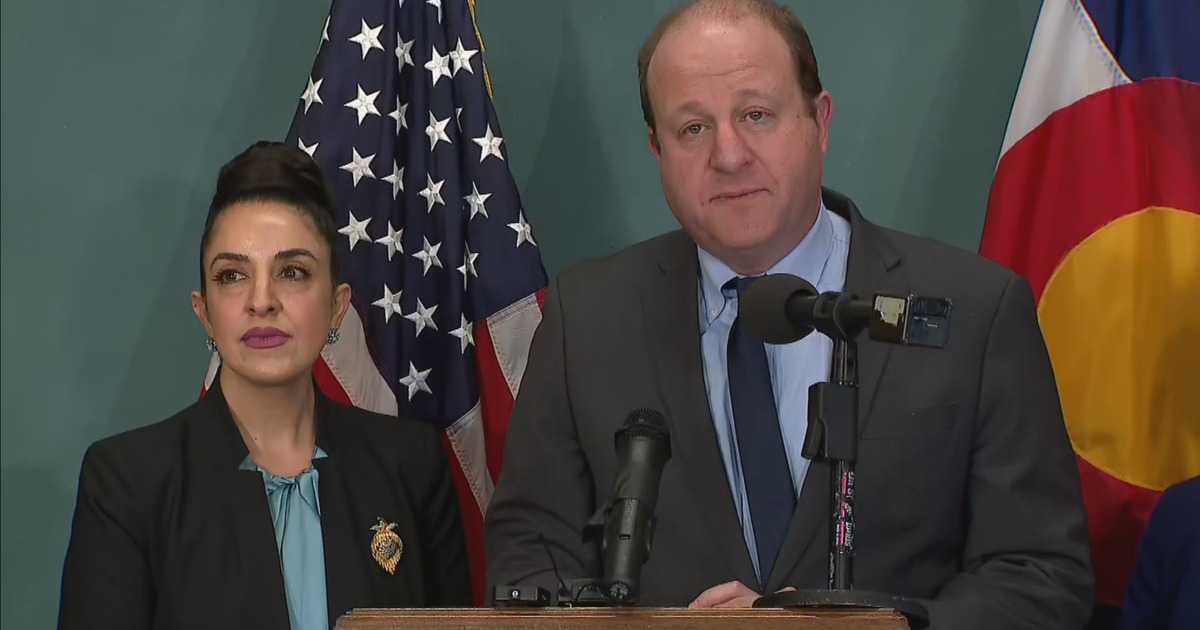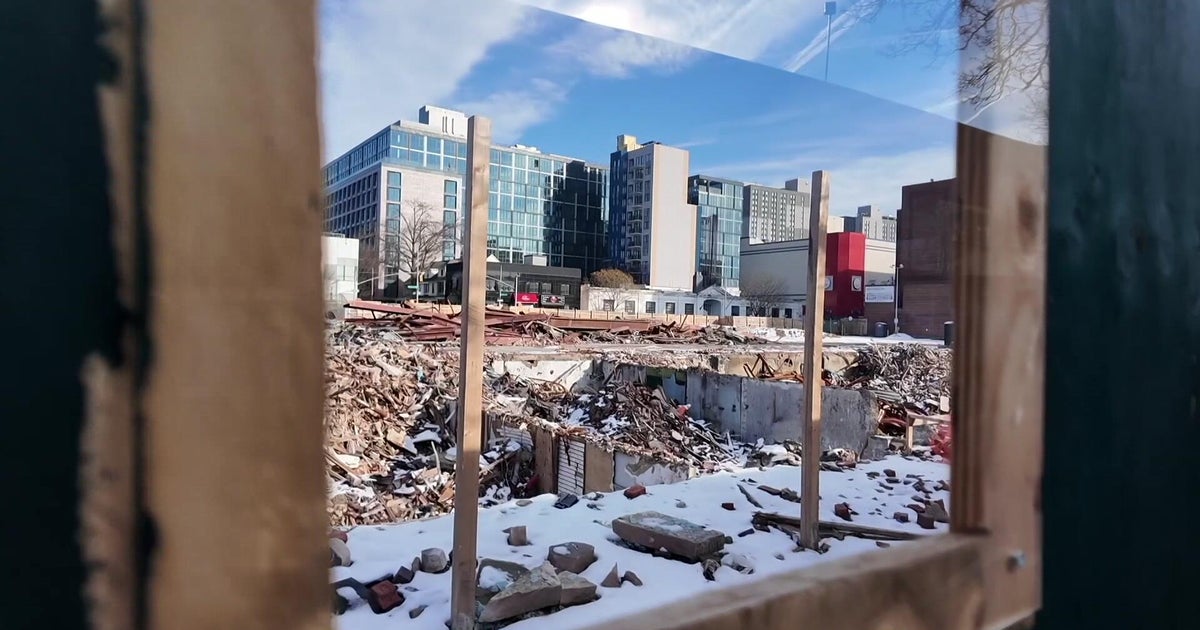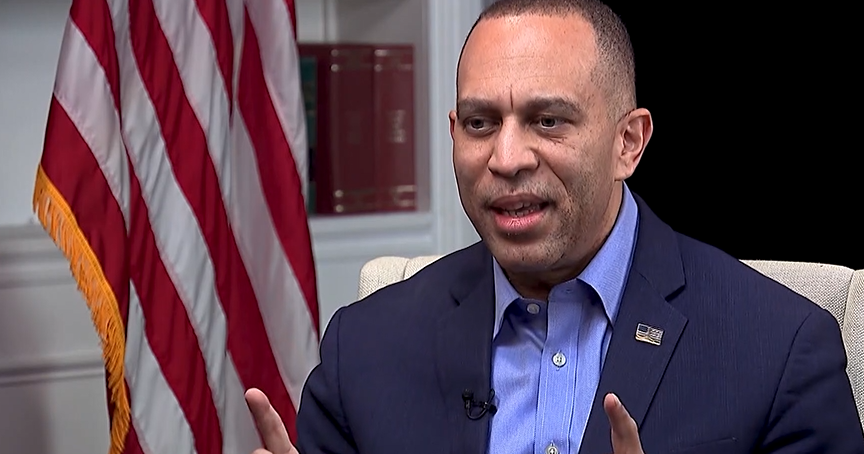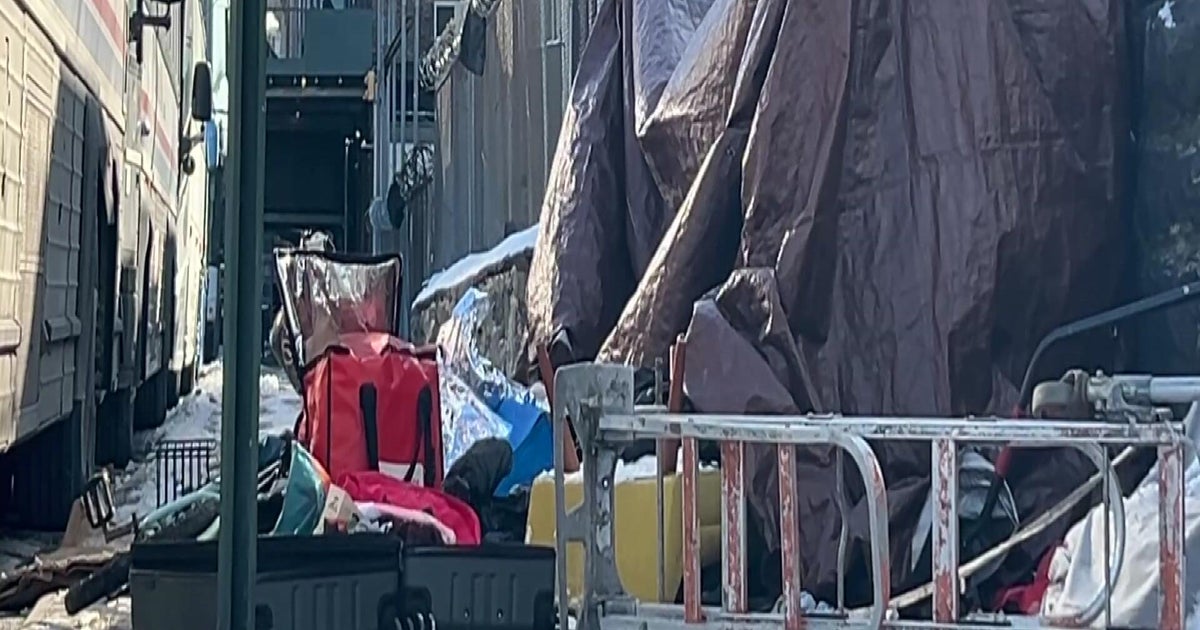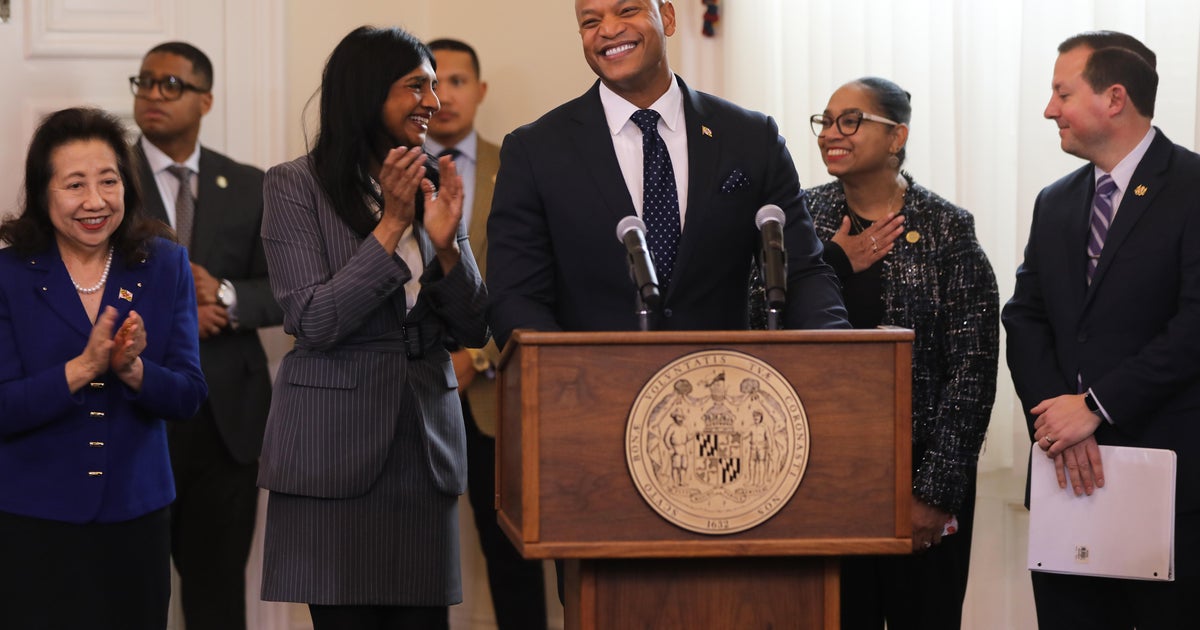Gov. Jared Polis unveils sweeping new affordable housing proposal
Gov. Jared Polis unveiled what he calls historic legislation to address the state's affordable housing crisis. The governor says he wasn't even born the last time Colorado made any major land use changes.
"The last time Colorado looked at this in a major way is 1974. We were a very different state in 1974."
Back then, you could buy a house for about $35,000. Today, he says, the average price in the Denver metro area is $600,000, "We simply have got to change that."
Polis said that is why he is pushing sweeping new legislation that is a year in the making. He says it is the result of more than 100 meetings with more than 600 stakeholders across the state. It is supported by one of the most diverse coalitions in recent memory. Business and labor, environmentalists and developers back the bill, which the Colorado Municipal League calls a power grab, saying local governments control land use decisions.
Executive Director Kevin Bommer says, "Although the bill is being sold as a 'menu of options' with 'flexibility' to create affordability, it mainly benefits developer interests to the detriment to the quality of life and access to local elected officials expected by Coloradans and with no guarantees that anything built will be 'affordable'."
The bill requires the state's biggest cities to adopt building codes with certain minimum standards that, among other things, prohibit single-family-only zoning. Cities would have to allow for accessory dwelling units, duplexes and triplexes in residential areas.
"If you're a homeowner and you want to be part of the solution for more homes for rent and for purchase we want to make sure you're invited to do that and not stigmatized for doing that," Polis said.
Representatives Steven Woodrow and Iman Jodeh and Senator Dominic Moreno are sponsoring the bill that also requires cities to allow multi-family housing along transit corridors.
"It increases ridership, it lowers fares for everyone, it is a feedback loop that is a positive contribution to lowering emissions and vehicle miles traveled," says Woodrow.
Jodeh says the bill is not only a housing and transportation bill but a climate bill, "It's proven that when you have townhouses and condos and things that that there is less water use so it's a conservation effort as well."
Counties would not be subject to the new rules. Instead, they would have to develop comprehensive growth plans.
Teller County Commissioner Dan Williams, a Republican, and Summit County Commissioner Tamara Pogue, a Democrat, say the bill encourages regional cooperation.
"The housing crisis doesn't really respect a border, a municipal border. It requires infrastructure, wildfire protections, water sewer," says Pogue.
Williams says "If you want to take part of the county, you annex and there is a process for that. But sprawling into the county is a 'wink, wink... how did this end up being in our county' so, our roads... our budgets."
The governor says the bill will level the playing field, "You have communities that have contributed to the housing crisis by making it very hard to build anything in that community and you have other communities that are forced to shoulder an unfair amount of the burden because the community next to them is not part of it, so we really succeed or fail as region and as a state and this will help Colorado succeed as a state."
The bill allocates $15 million to help local governments with implementation. Municipalities would have until December of next year to create a building code that incorporates the minimum standards or they would be subject to a state code.
RELATED: Colorado gets low scores for affordability & safety in new "Best States to Live In" list
